What is Solana (SOL)?
Last updated
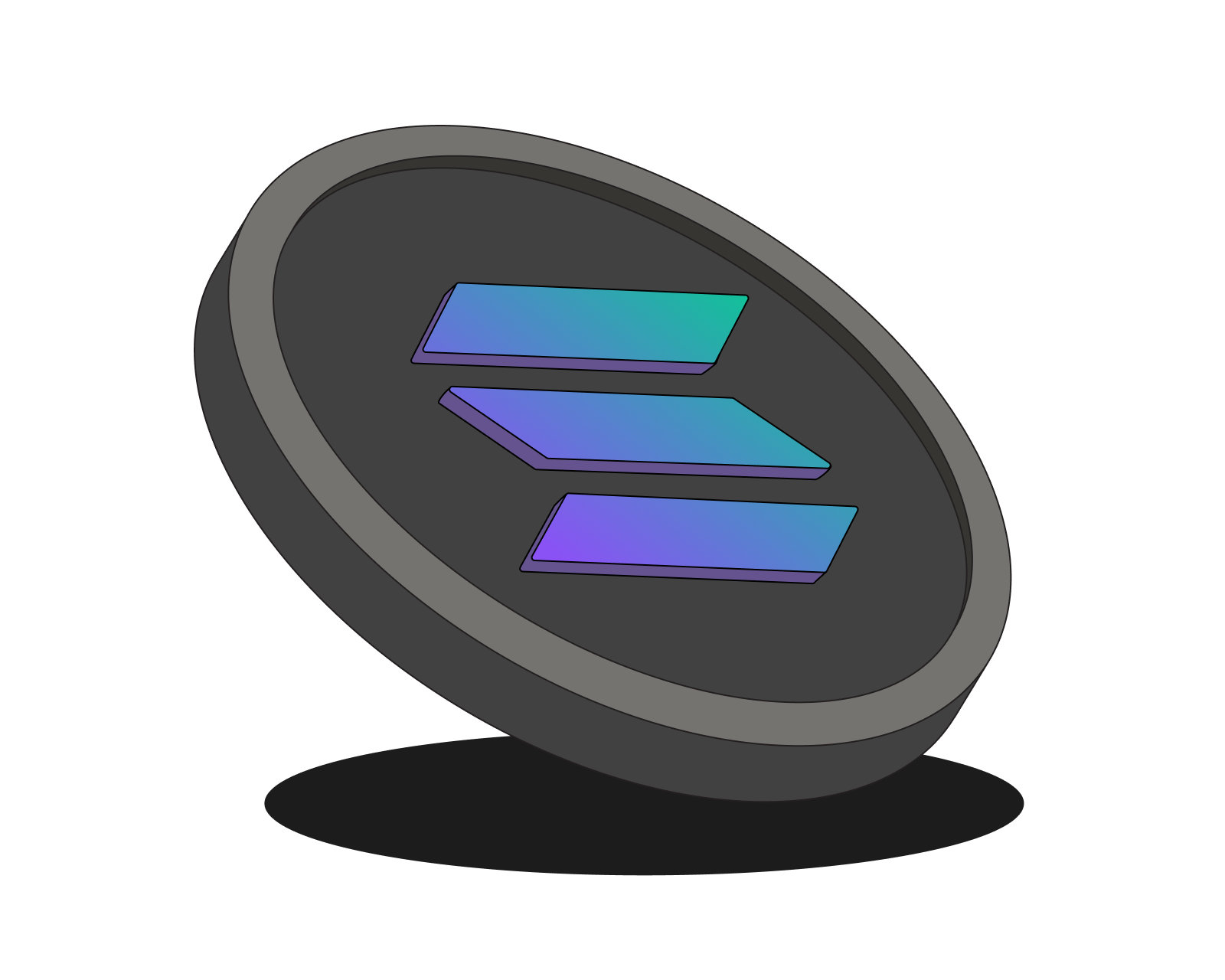
Table of Contents
Solana: A High-Performance Blockchain
Solana is a high-speed, scalable blockchain designed to support decentralized applications (dApps) and crypto transactions with low fees and fast finality. Leveraging an innovative Proof-of-History (PoH) consensus mechanism, Solana can process thousands of transactions per second, making it a strong competitor in the blockchain space.
This article explores Solana’s architecture, consensus model, growing ecosystem, and future potential in the evolving world of crypto.
Get started with a quick introduction to crypto, altcoins and blockchains technology.
How Solana Works
Solana combines several innovative technologies to achieve high throughput and low latency:
-
Proof-of-History (PoH): A unique timekeeping mechanism that creates a verifiable order of transactions, improving efficiency. This cryptographic timestamping allows validators to quickly agree on the order of events. PoH is combined with Proof-of-Stake (PoS) where validators are chosen based on their staked SOL tokens to process transactions and secure the network. Learn more about staking.
-
Tower BFT: A Proof-of-Stake (PoS) consensus algorithm built on PoH, enabling fast block times and finality.
-
Turbine, Gulf Stream, Sealevel, Pipeline, Cloudbreak, and Archivers: These technologies work together to optimize block propagation, transaction forwarding, smart contract execution, validation, data availability, and storage, contributing to Solana's high performance. Learn more about smart contracts.
These technologies combine to make Solana one of the fastest blockchains, capable of processing tens of thousands of transactions per second. Learn more about transaction fees.
The Solana Ecosystem
Solana's high performance and low fees have attracted a growing ecosystem of decentralized applications (dApps) and decentralized finance (DeFi) protocols. Popular use cases include:
- Decentralized Exchanges (DEXs): Fast and low-cost trading of tokens. Learn more about DEXs and how to use a DEX. Also, explore Bitcoin.com's Verse DEX.
- DeFi Lending and Borrowing: Efficient lending and borrowing platforms. Learn more about crypto lending.
- NFTs: Creating and trading non-fungible tokens. Learn more in What are NFTs?.
- Gaming and Web3 Applications: Building high-performance blockchain games and decentralized web applications. Explore the metaverse.
- Memecoin Trading: Capitalizing on memes, humor, and online trends, blending entertainment with speculation. Learn more about memecoins.
Advantages and Disadvantages of Solana
Advantages:
- High Throughput and Low Fees
- Scalability and Fast Finality
- Active Development and Growing Ecosystem
Disadvantages:
- Centralization Concerns: The relatively small number of validators raises concerns. Understand decentralization and Bitcoin's governance.
- Network Outages: Solana has experienced outages, raising questions about stability. Understand volatility.
- Complexity and Ecosystem Maturity: Can present challenges for developers and users compared to more established blockchains, like Ethereum and Tron.
The SOL Token
SOL, Solana's native token, is used for transaction fees, staking, and governance within the Solana ecosystem. Learn about governance in Ethereum, tokens and airdrops.
Solana vs. Ethereum
- Transaction Speed and Fees: Solana is significantly faster and cheaper.
- Scalability: Solana is designed for higher scalability.
- Consensus Mechanism: Solana uses a hybrid PoH/PoS, while Ethereum uses PoS.
- Ecosystem Maturity: Ethereum's ecosystem is more mature.
Getting Started with Solana
- Explore Solana's Website and Blockchain: solana.com / solscan.io
- Use a Crypto Wallet: The Bitcoin.com Wallet app is a recommended option. Learn about crypto wallets and how to create one.
Conclusion
Solana has established itself as a high-performance blockchain with impressive speed and scalability, making it a strong contender in the crypto space. However, for long-term success, it must continue to enhance network stability, decentralization, and security. Overcoming these challenges will be key to sustaining its growth and adoption in the evolving blockchain landscape.
Learn more about Bitcoin and cryptocurrencies. Explore Bitcoin's potential.
Related guides
Start from here →
What is Bitcoin?
Get a straightforward introduction to Bitcoin and why it matters.

What is Bitcoin?
Get a straightforward introduction to Bitcoin and why it matters.
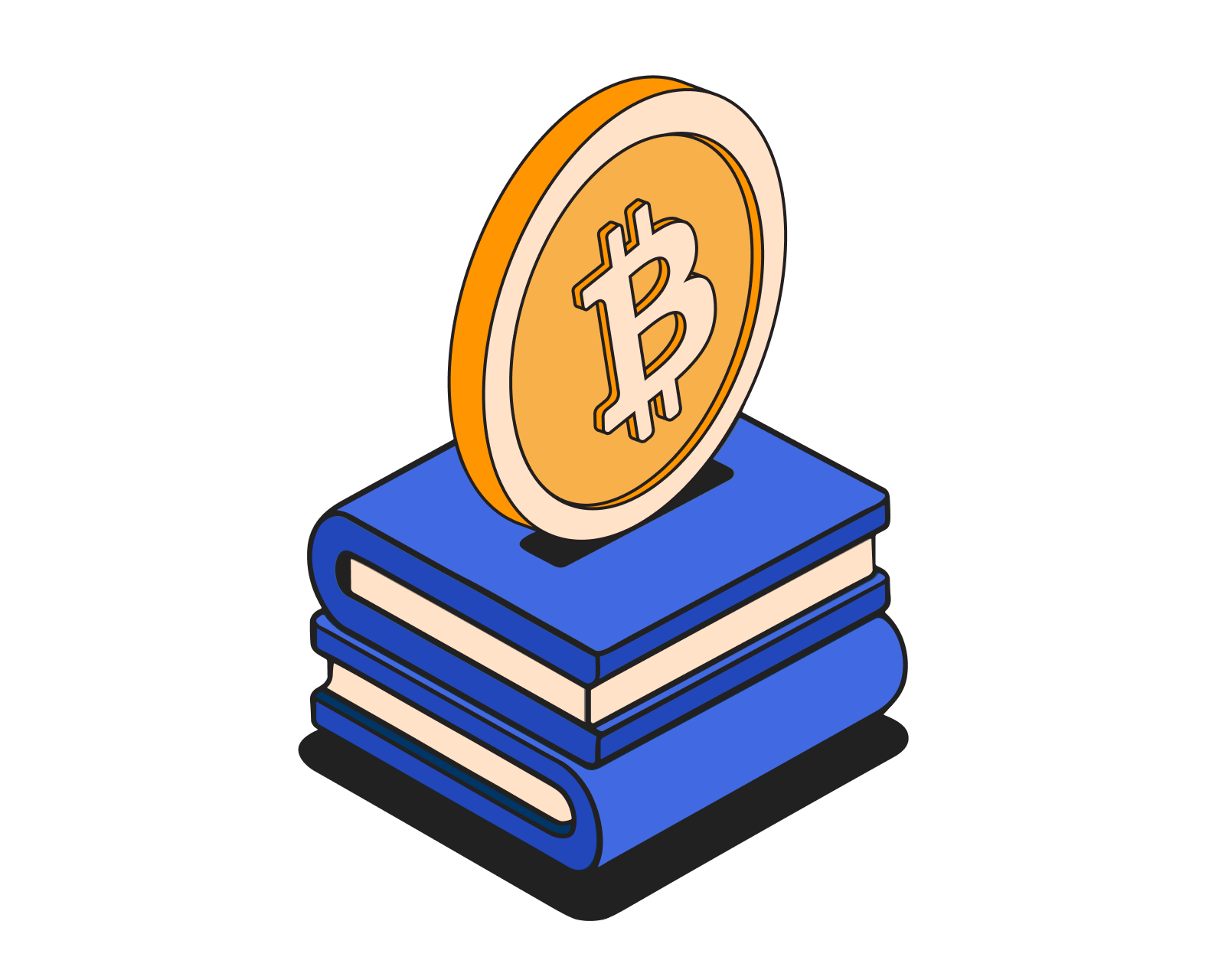
Learn the basics of cryptocurrency
Are you new to cryptocurrency? Get a simple introduction and learn why crypto matters.

Learn the basics of cryptocurrency
Are you new to cryptocurrency? Get a simple introduction and learn why crypto matters.
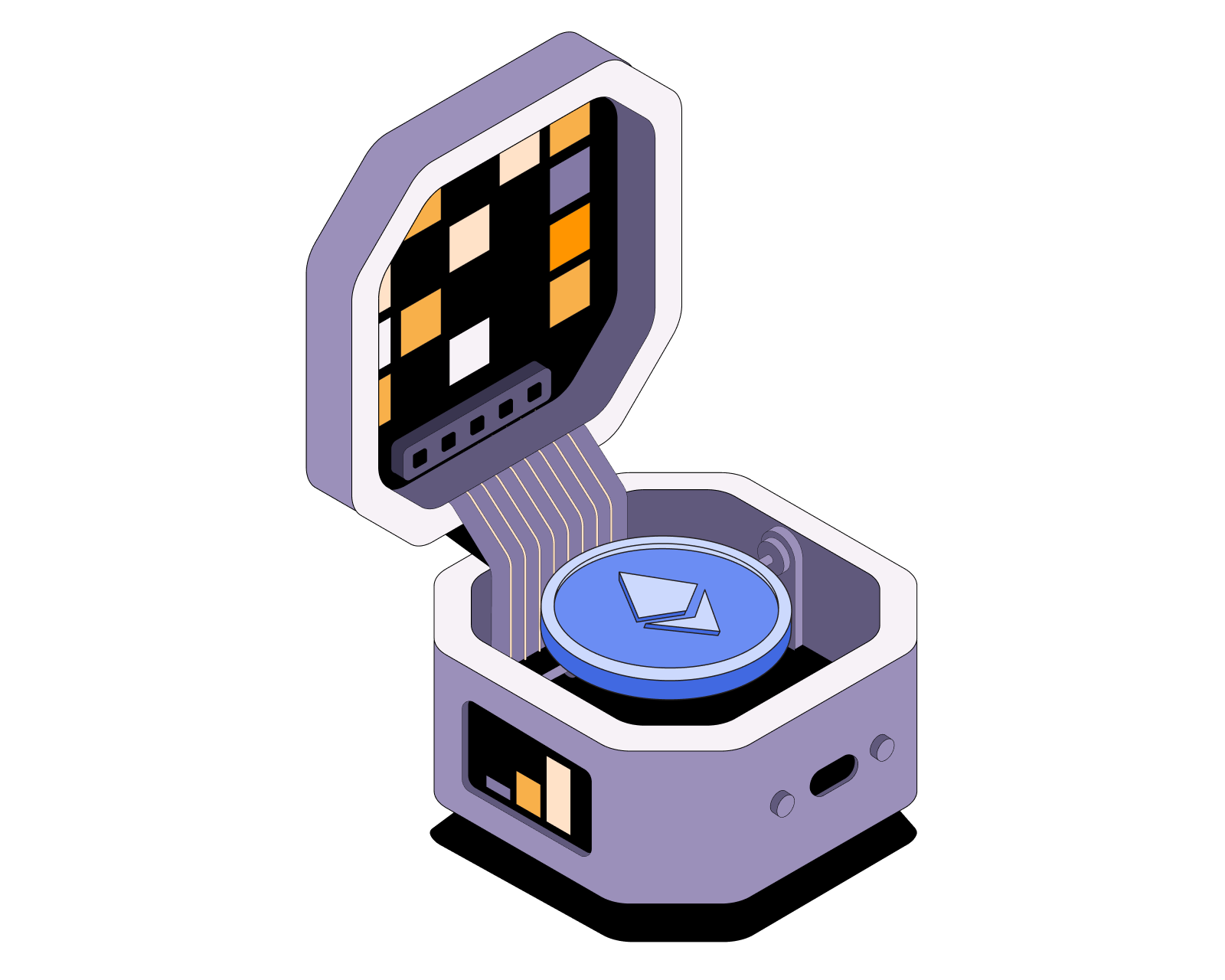
What is Ethereum?
Understand Ethereum's key characteristics.

What is Ethereum?
Understand Ethereum's key characteristics.
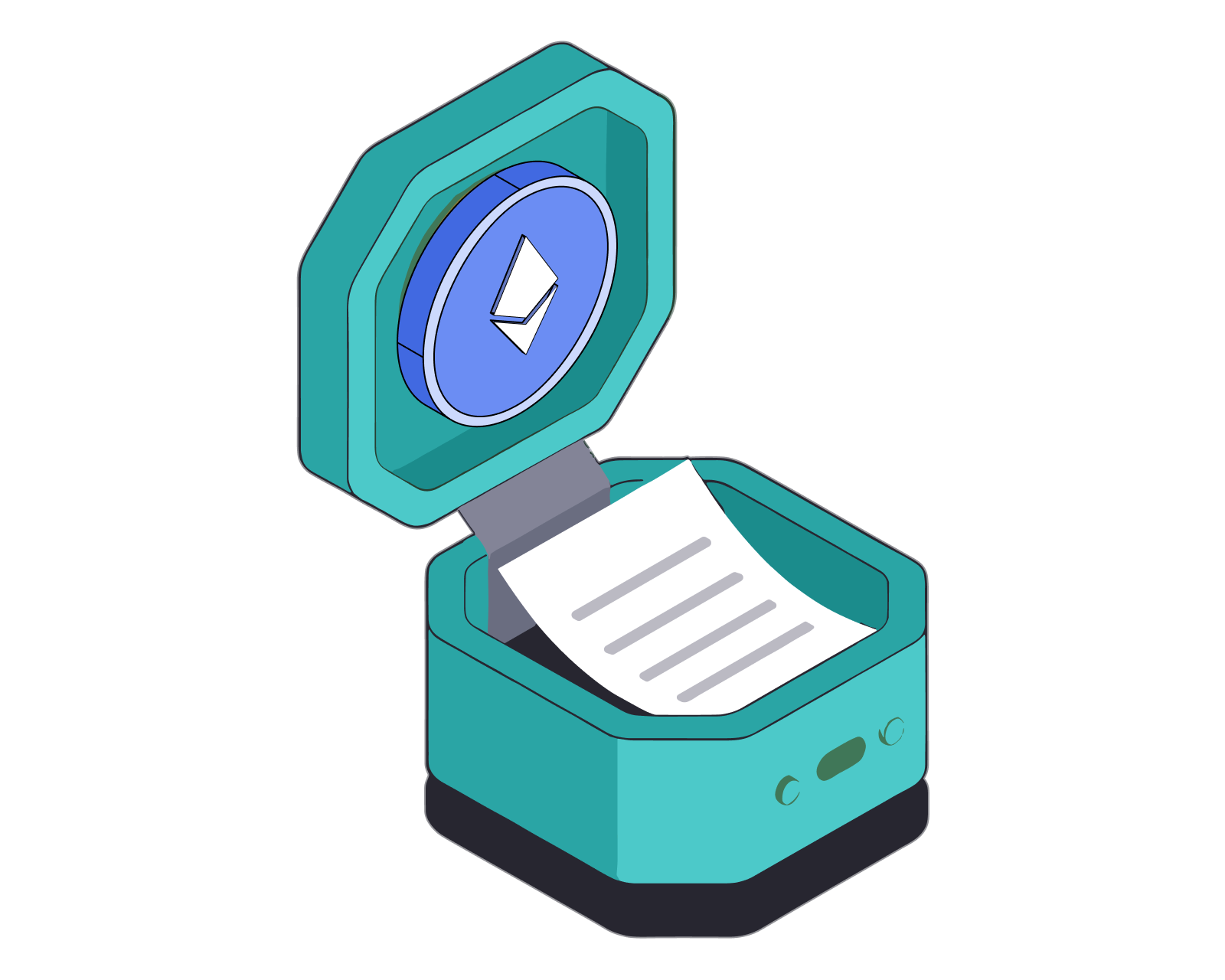
What's a smart contract?
Get the basics on the "software" that runs on decentralized networks.

What's a smart contract?
Get the basics on the "software" that runs on decentralized networks.
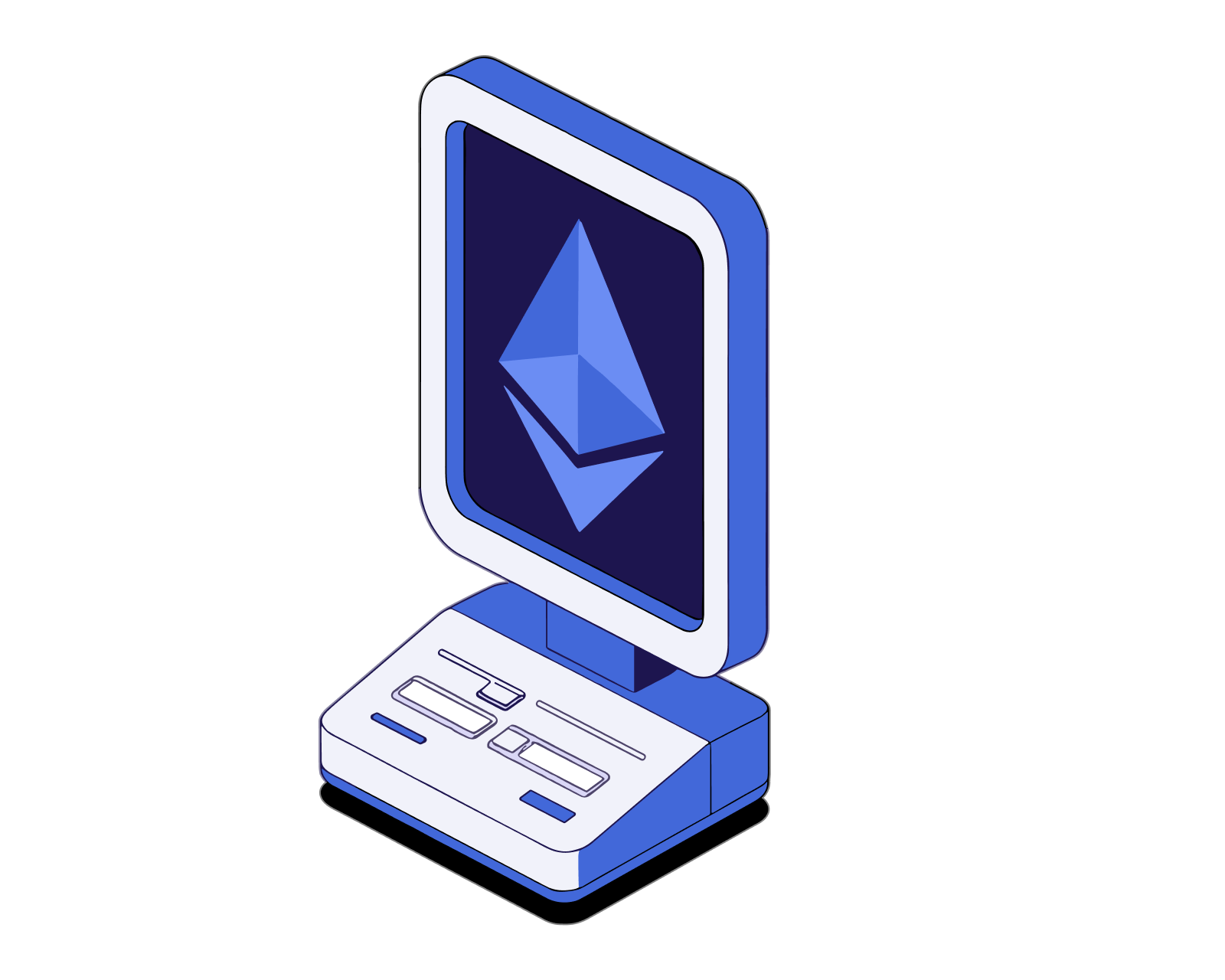
What is DeFi?
Learn what makes decentralized finance (DeFi) apps work and how they compare to traditional financial products.

What is DeFi?
Learn what makes decentralized finance (DeFi) apps work and how they compare to traditional financial products.
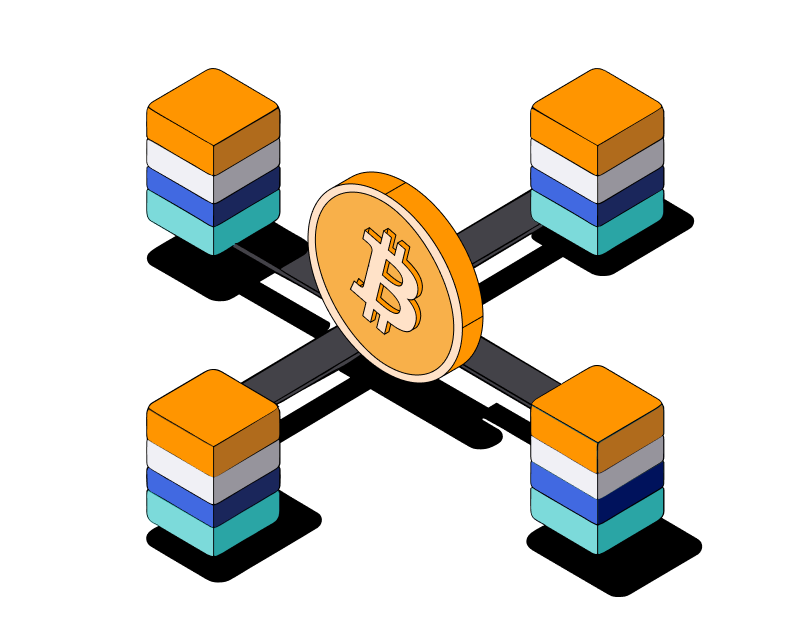
What is a Blockchain?
This beginner's guide explains blockchain, its importance in cryptocurrencies, and how it works. Explore its uses, advantages, and future potential.

What is a Blockchain?
This beginner's guide explains blockchain, its importance in cryptocurrencies, and how it works. Explore its uses, advantages, and future potential.
STAY AHEAD IN CRYPTO
Stay ahead in crypto with our weekly newsletter delivering the insights that matter most
Weekly crypto news, curated for you
Actionable insights and educational tips
Updates on products fueling economic freedom
No spam. Unsubscribe anytime.
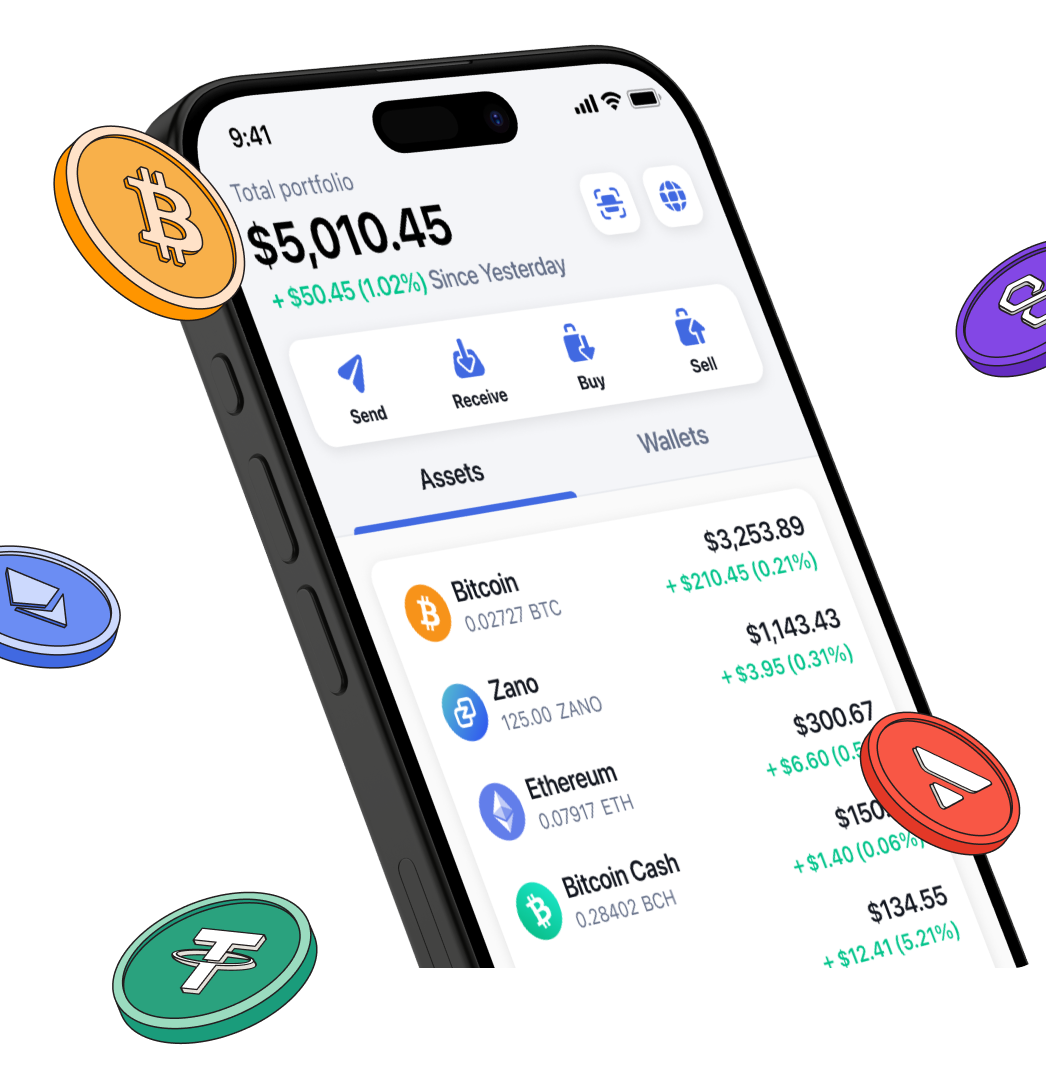
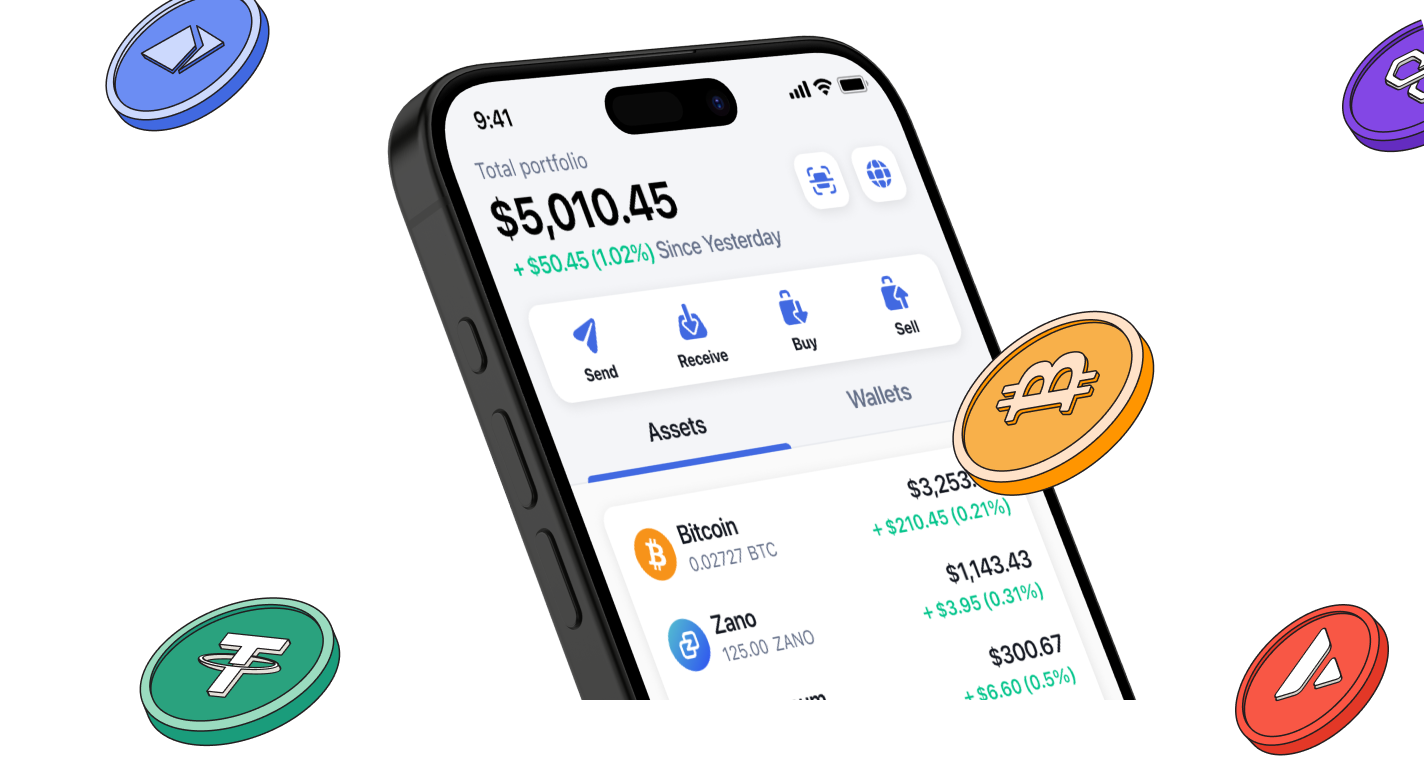
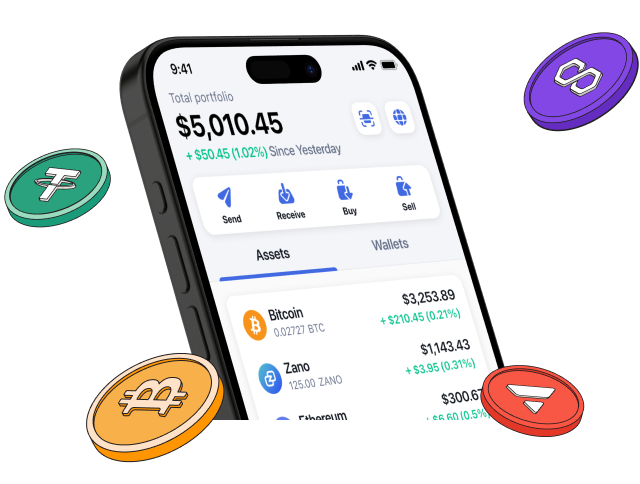
Start investing safely with the Bitcoin.com Wallet
Over wallets created so far
Everything you need to buy, sell, trade, and invest your Bitcoin and cryptocurrency securely

© 2026 Saint Bitts LLC Bitcoin.com. All rights reserved



